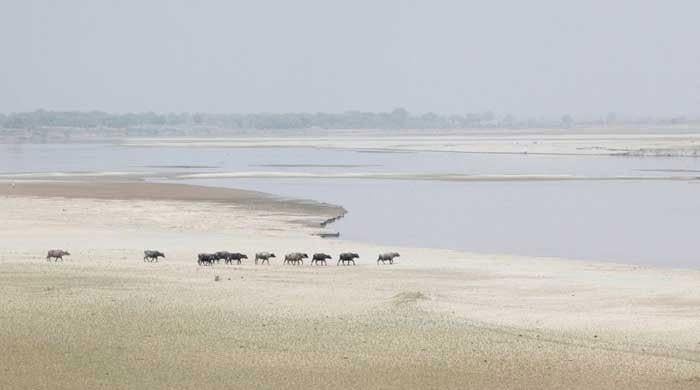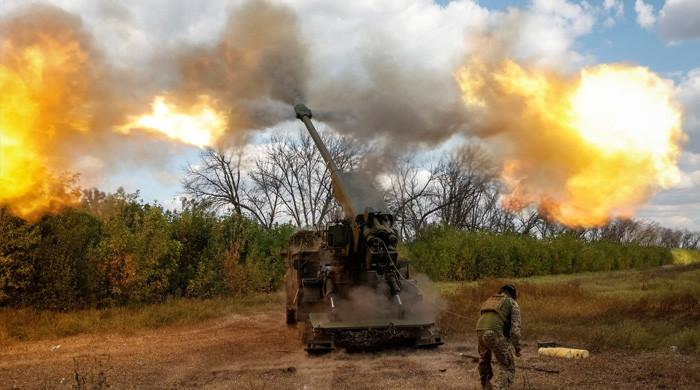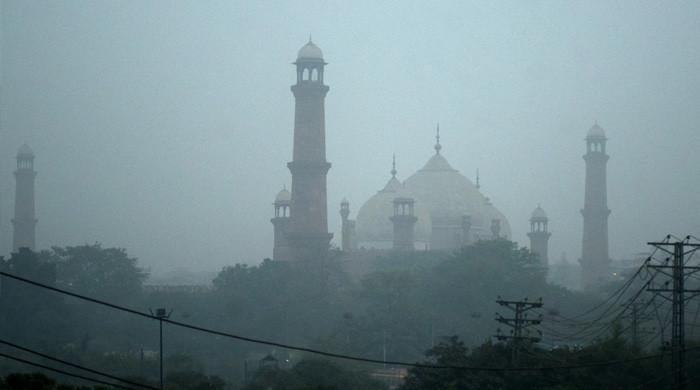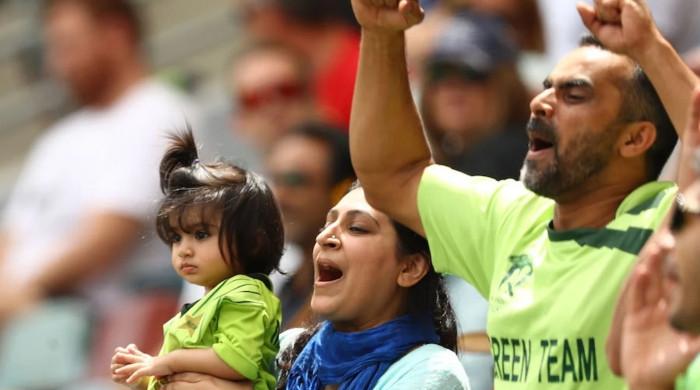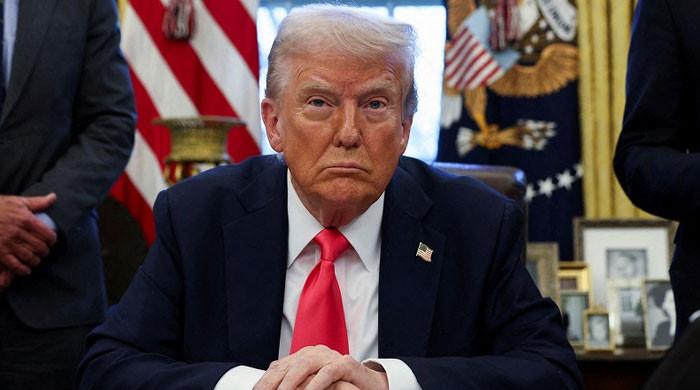Sialkot lynching: Where is the leadership?
We have a lack of a counter-narrative, which can offer people something more than the violent, deprived and inhumane lives they live
December 09, 2021
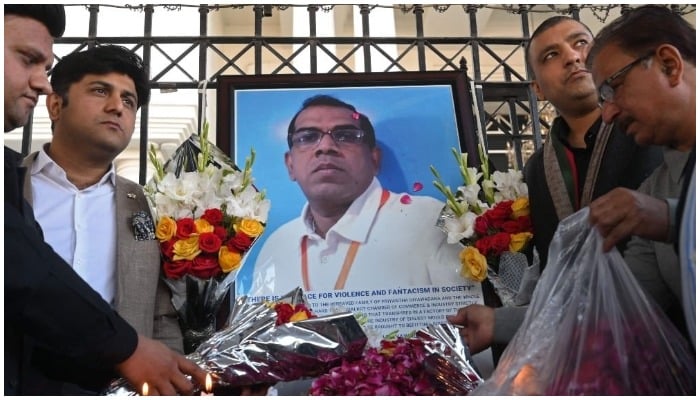
When bestiality enters the soul of a nation, it is difficult to imagine how it is to be driven out again. We have become a nation of beasts, and in the literal sense worse than beasts. Animals kill when they are hungry or in need of defence. They do not kill for no reason at all.
What happened in Sialkot and the ruthless murder of a Sri Lankan national, who had worked in that city for almost a decade, is shocking – and worse than that. We are told that arrests are being made; over a hundred are currently in custody. The action of the Sri Lankan manager in apparently tearing down a poster reportedly belonging to the TLP should of course never have led to violence. If this is the way we treat people, then there can be little hope for our future as a nation of even partially civilised persons. The justification given by Defence Minister Pervez Khattak that young men sometimes become zealous and act irrationally, especially when matters of religion are concerned, is in itself alarming.
We have of course seen similar instances of mob action before. We saw it in the 2010 case of the two boys bludgeoned to death in Sialkot on charges of burglary, which were never proven. We saw it in the case of Mashal Khan. We have seen it in other places and we will no doubt continue to see similar instances. But while there have been many studies on how mobs act and why, what we need to try and understand is why no one reacts.
In this recent lynching in Sialkot, people who were watching the spectacle simply shot selfies after the initial torture and then the burning body of the manager, posing to ensure they appeared in these pictures. Most of these photos are too terrifying, too brutal, to be displayed over mainstream media. There were exceptions – most notably factory manager Malik Adnan. He is to be awarded by the government, but in many ways this in itself demonstrates the state of our country. It is like awarding someone for not stealing rather than considering it normal to be honest.
We saw the same lack of action against a mob in the case of the woman who was harassed and molested at Minar-e-Pakistan on Independence Day or in the incidents that followed, where other women were harassed on the same occasion, at various places in Lahore and also other cities. We ask what has happened to morality, and why no one is willing to step in, beyond the hosting of small demonstrations at chowks and squares in the larger cities.
The question this leads us to is how this happened. There are many in the country who argue that around three decades ago or more this would never have occurred. People in the first place would have demonstrated less brutality, less bestiality and less madness. At the same time, others watching the scene would have been more likely to act and act quickly to stop the murder from occurring or at least not to stand by and allow it to be filmed by onlookers apparently wishing to post as quickly as possible on the social media.
There are some answers that can be found in the fact that we have gone through a brutalisation which has seen very little governance over the years. Our leaders demand action such as the hanging of people in public, they themselves post tweets suggesting that violence is the solution to problems and leading clerics justify actions such as those in Sialkot. In this situation, people will take their cues from these messages and follow suit.
We also have a lack of a counter-narrative, which can offer people something more than the violent, deprived and inhumane lives they live. Many have barely anything they can call a decent home or a means of income that can adequately support them and their families. Whether this adds to the madness is a highly uncertain factor. It needs to be studied by sociologists. But certainly, the fact that there are so many young men in the country who have no jobs, no pastime, no occupation and a highly warped sense of morality adds to the problem.
We ask then what the future holds for us and for the generations to come. More and more people argue that young people who are now in the country and in many cases, disturbed by the events they see, should leave. There is obvious logic in this. No parent wants to see a child live in the kind of society we have created. But, at the same time, we need to consider what the solutions are. After all, not everyone can leave and not everyone can simply slip away from the hornet’s nest of evil that we have built around ourselves.
In the first place, we need leadership. We lack this entirely at present. Merely making statements and announcing punishments for those who have engaged in violence is not enough. We have heard these statements over and over again. In most cases, they end with nothing happening at all. Even when some action is taken, it is inadequate and at best, lasts only a short period of time. The release of Saad Rizvi a short while before the mob attack in Sialkot is an example of this. There are many others. The father of Mashal Khan still seeks justice. And without justice, there can be no cohesive society and sound social norms.
We are essentially a place where wild things live. A jungle which is worse than the jungle inhabited by beasts. As human beings, we try to justify actions by saying that people acted against social norms. This should be no reason to attack them or to, in any way, cause them hurt. If feelings have been injured, there are other ways of dealing with the problem, dialogue being one step forward. Today, people fear stepping into any scene where an act of violence has taken place for fear that they will become caught up in it themselves and possibly either punished by the mob or captured by the police. The police of course could well be less willing than they were before to act against the TLP after eight of their own were killed by the organisation in Punjab and no punishment meted out for these acts of multiple murder.
We then have a society which is lawless and unable to cope with all that lies before it. We have disorder everywhere and this is not a problem of the law taking hold but of the mentality of people. Mentality is difficult to change. This can happen only if those who have influence in society, including celebrities, sportspersons, and perhaps most of all political leaders and mosque clerics take over and deliver messages that can perhaps, offer solutions. So far, we see nothing of this kind evolving. Until it does, we will continue to live in a state where there is no order and no ability to save the lives of people who should never have been attacked or punished by mobs of any kind in the first place.
The writer is a freelance columnist and former newspaper editor.
Originally published in The News




